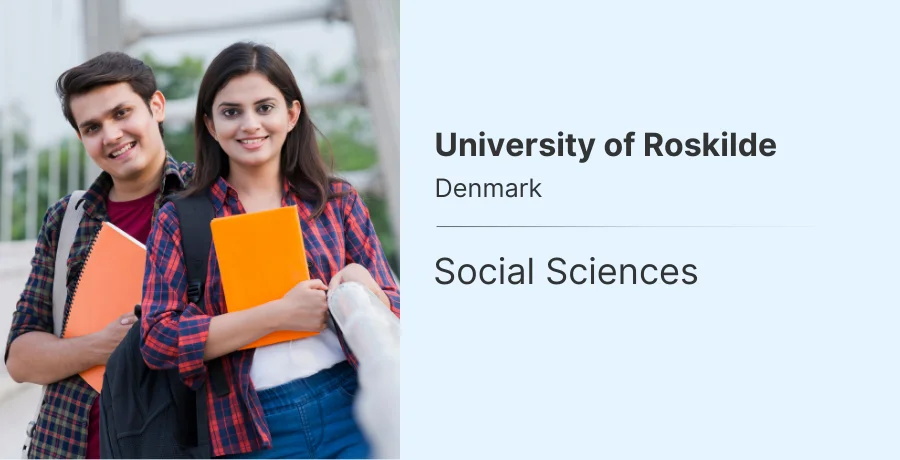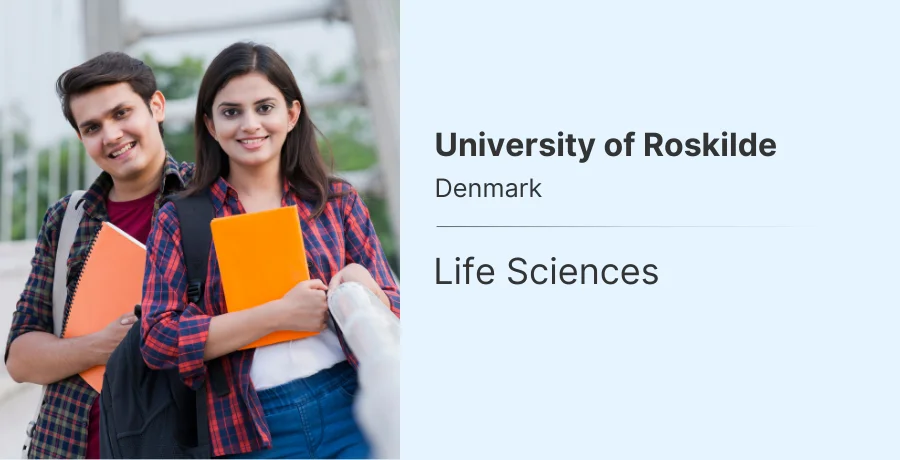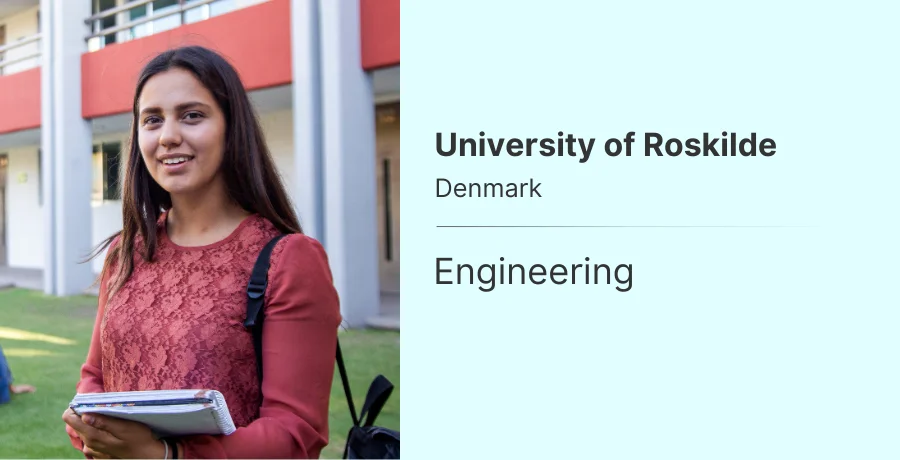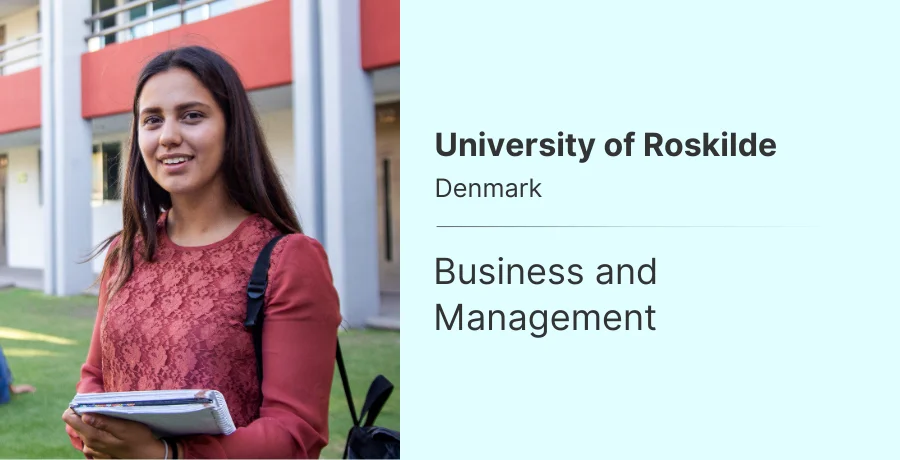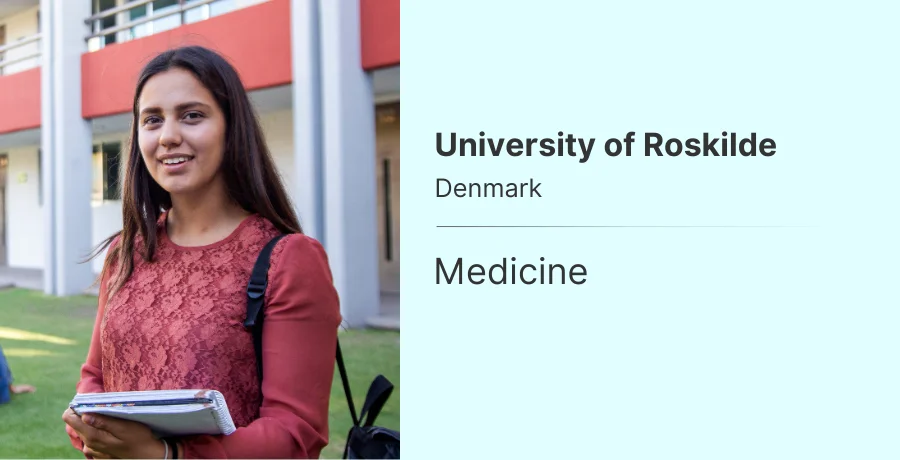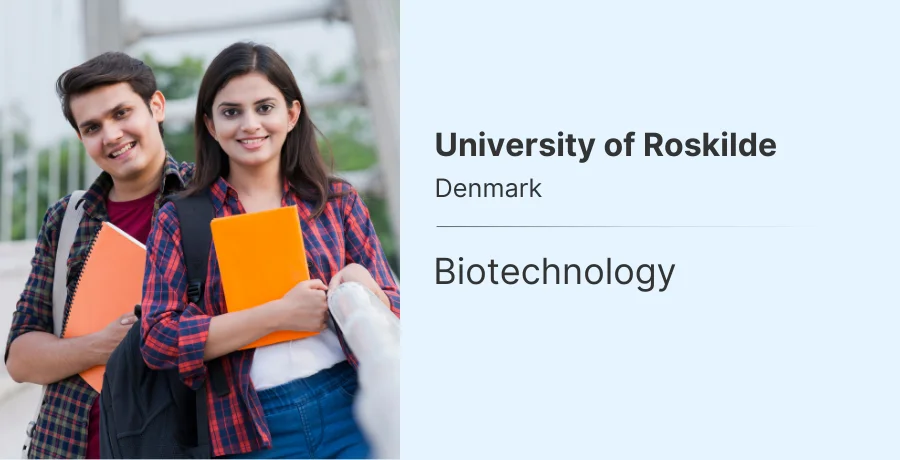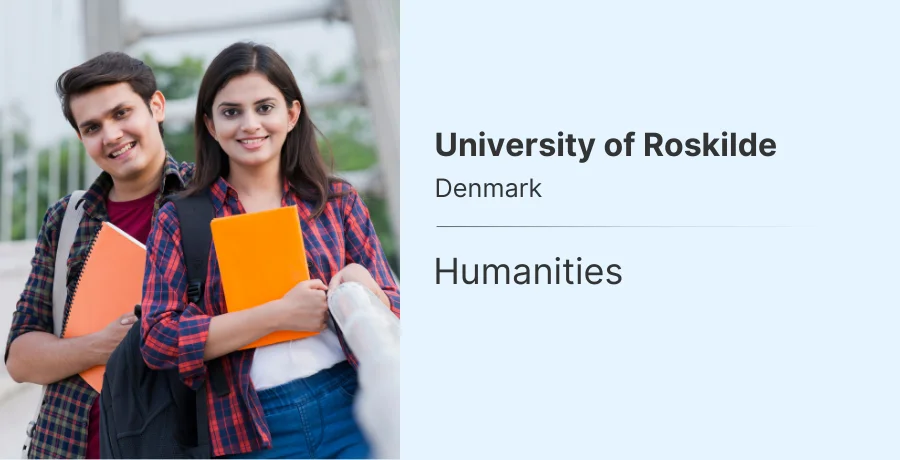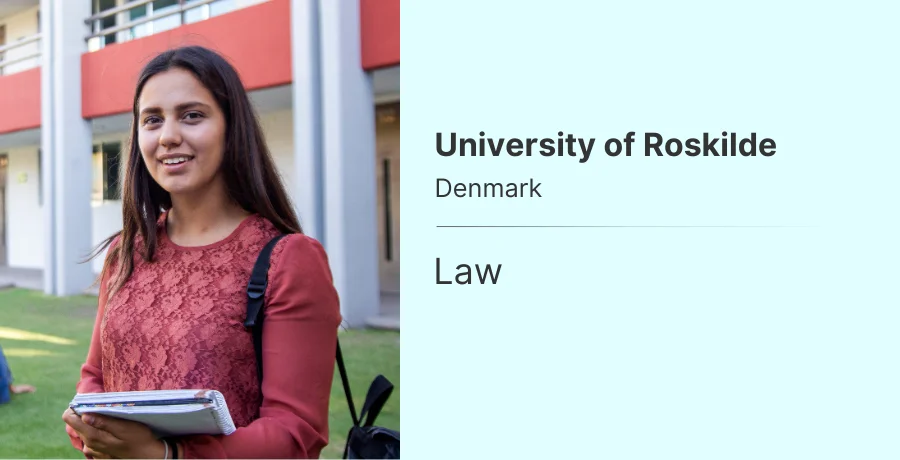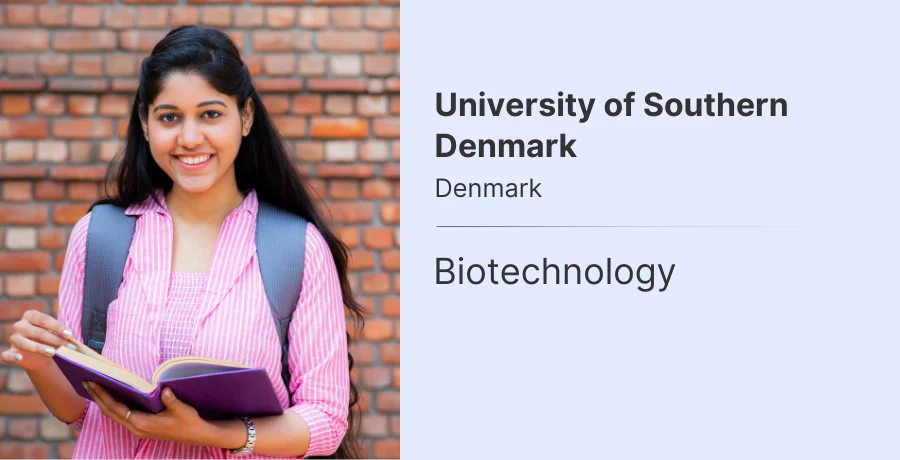Medicine at the University of Copenhagen, Denmark
Highlights of Medicine at the University of Copenhagen
The University of Copenhagen’s medical programs are among the best in Northern Europe, known for their cutting-edge research, world-class facilities, and interdisciplinary learning.
- Global Ranking: Consistently ranked in the top 50 for Medicine worldwide (QS Rankings)
- Research-Oriented: Access to Copenhagen’s renowned research labs and hospitals
- Collaborations: Partnerships with global medical institutes for research and internships
University of Copenhagen Rankings in Medicine
The university is a leader in healthcare education, offering high-ranking programs and research opportunities.
- Global Medicine Ranking: Top 50 (QS and Times Higher Education Rankings)
- European Research Hub: Recognized for impactful research in public health, genetics, and pharmacology
- High Employability: Graduates are in demand across Europe and beyond
Course Structure for Medicine at the University of Copenhagen
The medical curriculum emphasizes clinical skills, medical sciences, and research, preparing students for a global medical career.
- Core Subjects: Anatomy, physiology, biochemistry, pathology, and pharmacology
- Clinical Training: Practical experiences in hospitals across Denmark
- Specialization Options: Advanced modules in neurology, cardiology, infectious diseases, and more
Cost of Living for Medicine Students in Copenhagen
Copenhagen offers a high quality of life, with options to make living costs manageable for students.
- Accommodation: €600–€900 per month, with dormitory and apartment options
- Monthly Expenses: Around €1,200–€1,600, covering food, transport, and entertainment
- Student Discounts: Available for public transport, cultural events, and dining
Accommodation Options for Medicine Students at the University of Copenhagen
The University provides several housing options, including on-campus dormitories and student apartments.
- On-Campus Housing: Modern facilities with easy access to academic buildings
- Private Rentals: Shared apartments or single rooms throughout Copenhagen
- Housing Support: Assistance with finding and securing affordable student housing
Intakes and Admission Deadlines for Medicine at the University of Copenhagen
The university offers annual intakes for the medicine program, typically in the fall.
- Main Intake: September
- Application Deadlines: March 15 for non-EU/EEA students and April 1 for EU students
- Scholarship Deadlines: Typically aligned with the main application deadline
Admission Requirements for Medicine at the University of Copenhagen
The program has competitive requirements for both local and international students.
- Academic Requirements: High school diploma with biology, chemistry, and mathematics
- Language Proficiency: Danish proficiency is mandatory for undergraduate programs; TOEFL 90+ or IELTS 6.5 for non-native English speakers in graduate programs
- Interview Process: For select applicants, ensuring commitment to the medical field
Tuition Fees for Medicine at the University of Copenhagen
Tuition varies based on citizenship, with financial support options available for international students.
- EU/EEA Students: Tuition-free
- Non-EU/EEA Students: €10,000–€15,000 per year depending on the study level
- Scholarships: Scholarships are available for exceptional international students
Scholarship Opportunities for Medicine Students at the University of Copenhagen
The University offers a range of scholarships to support international students.
- Danish Government Scholarships: Covering both tuition and living expenses for high-achieving students
- Faculty-Specific Scholarships: Available for medicine students with outstanding academic records
- External Scholarships: Offered by health foundations and international organizations
Career Prospects After Graduating in Medicine from the University of Copenhagen
Graduates from the University of Copenhagen’s medical programs are highly employable within Denmark and internationally.
- Industries: Hospitals, private practices, research institutions, and pharmaceutical companies
- Global Recognition: Graduates are qualified to practice across Europe and pursue specialization worldwide
- Further Studies: Access to PhD programs and clinical fellowships
FAQs about Medicine at the University of Copenhagen
Q1: Is the medicine program taught in English or Danish?
A: The undergraduate medicine program is in Danish, while select graduate-level programs may offer courses in English.
Q2: Are internships part of the curriculum?
A: Yes, clinical internships in Danish hospitals are integrated into the curriculum, providing hands-on experience.
Q3: What support is available for international students?
A: The university provides orientation programs, Danish language courses, and counseling services for international students.
Q4: Are there postgraduate specialization options in medicine?
A: Yes, the University of Copenhagen offers various postgraduate specializations, including pediatrics, neurology, and cardiology.
Q5: Can international students work while studying?
A: Yes, students are permitted to work part-time (up to 20 hours per week) during the academic year and full-time during breaks.

